Soul & Soil Pt. I
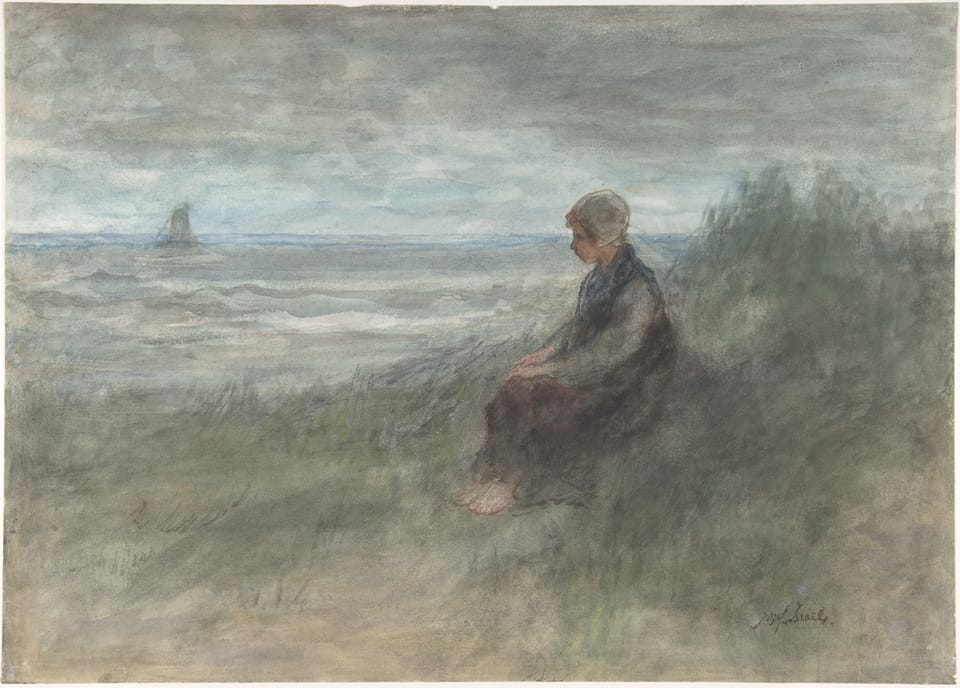
This edition is available to all. Support my work and upgrade to paid here for as little as $5 a month.
Unique, values-driven perspective and systemic thinking.
LISTENING: to the clock tick-tock
FEELING: my eyes grow heavy
SEEING: a dark living room
October is here. Phew! Israel has intercepted the flotillas headed to Gaza with humanitarian aid. Two years of this genocide approaches, and the situation feels more dire than ever before.
So how do I avoid losing my mind? By listening to the people who persevere. Across the globe, protests have erupted in solidarity with the flotillas and Gaza. Italian unions are calling for a general strike. The most gangster of them all, Colombian President Gustavo Petro, announced that they were kicking out Israeli diplomats and ending a free trade agreement with the occupying force.
These are the actions that guide me — the beacons I look to as the darkness engulfs me.
I'm working on a story for next week, but I interviewed more people than I could include. As October marks the second anniversary of Israel's genocide in Gaza, as well as the start of the olive harvest across historic Palestine, I'll be dedicating every issue this month to the ones who steward the holy land.
This week, I'm writing about Dr. Mazin Qumsiyeh. He donates his expertise to head the Palestine Institute for Biodiversity and Sustainability at Bethlehem University in the West Bank. I met him during my trip in April. I hope to see him again soon. The institute's botanical gardens were full of an array of pink and purple endemic and endangered flowers. Irises and orchids were everywhere. The flowers attract all kinds of birds: the white-breasted kingfisher, the European goldfinch, and the Syrian woodpecker.
The institute takes volunteers year-round. Learn more here to get involved.
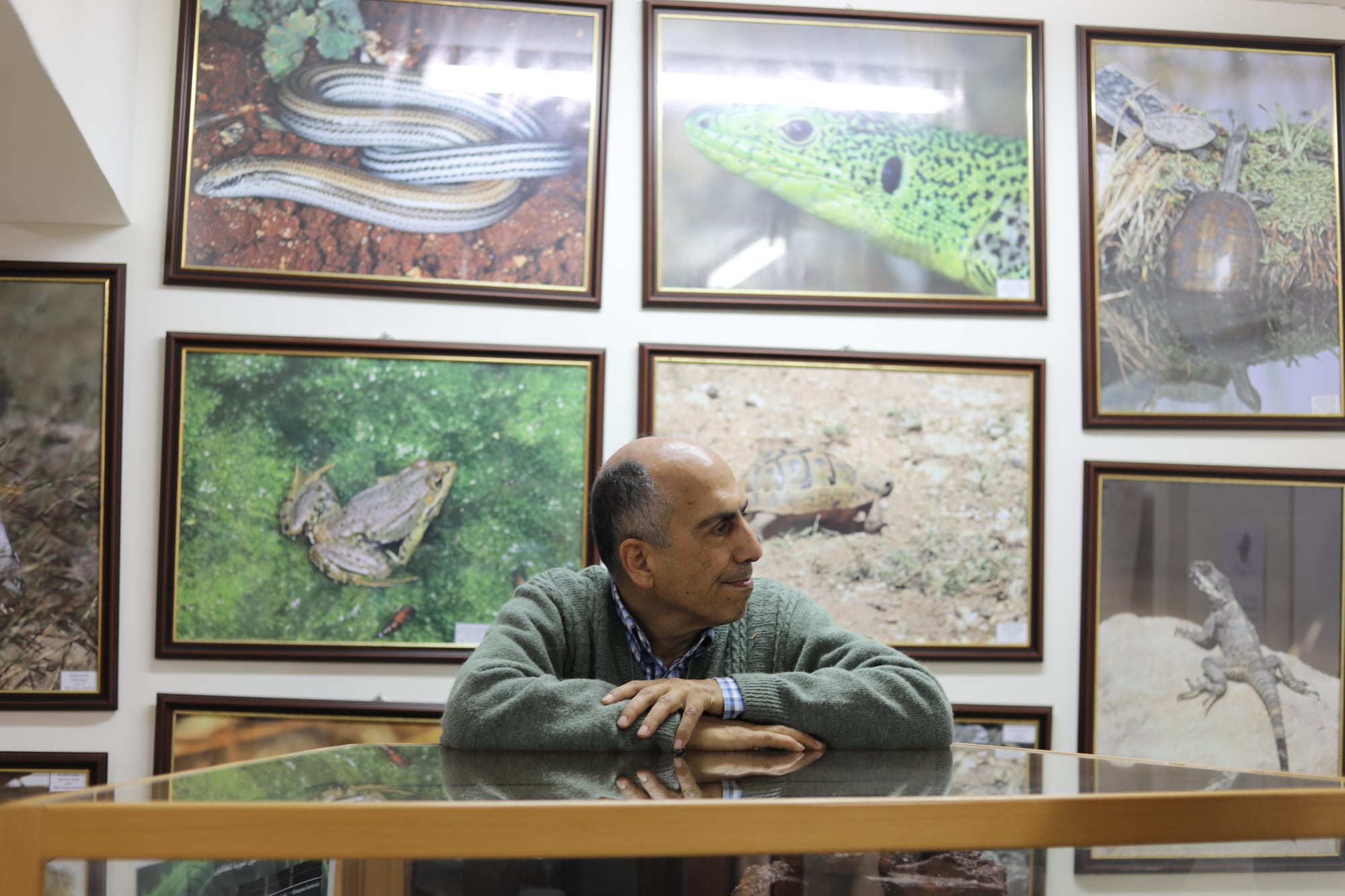
Dr. Mazin, as I call him, believes not only in biological diversity, but human diversity, too. This philosophy is why he's invited internationals and Israelis to his institute since its founding in 2014. He challenges Israel's Zionist project by bringing all types of people together.
"We say to people, 'You're welcome to volunteer. You don't have to be of a particular religion or background or anything,'" he said on a call. "We were pleasantly surprised by how many people showed interest."
Since 2014, the institute has hosted hundreds of volunteers from 47 countries. Right now, a pair of Australians is staying at the institute. They help with the botanical gardens the university manages, but Dr. Mazin is clear that he has no desperate need for help with manual labor. The need is, instead, among the volunteers. They want to do something — anything — to support Palestinians. People like Dr. Mazin simply offer these individuals the opportunity to help.
"There are more requests and more attempts to do solidarity now as we are in the middle of a genocide than there were before," Dr. Mazin tells me. "We don't force them. We don't beg them. We don't make it a large media campaign to recruit them. If they choose, we have options for them. The options are actually very enriching for their own lives."
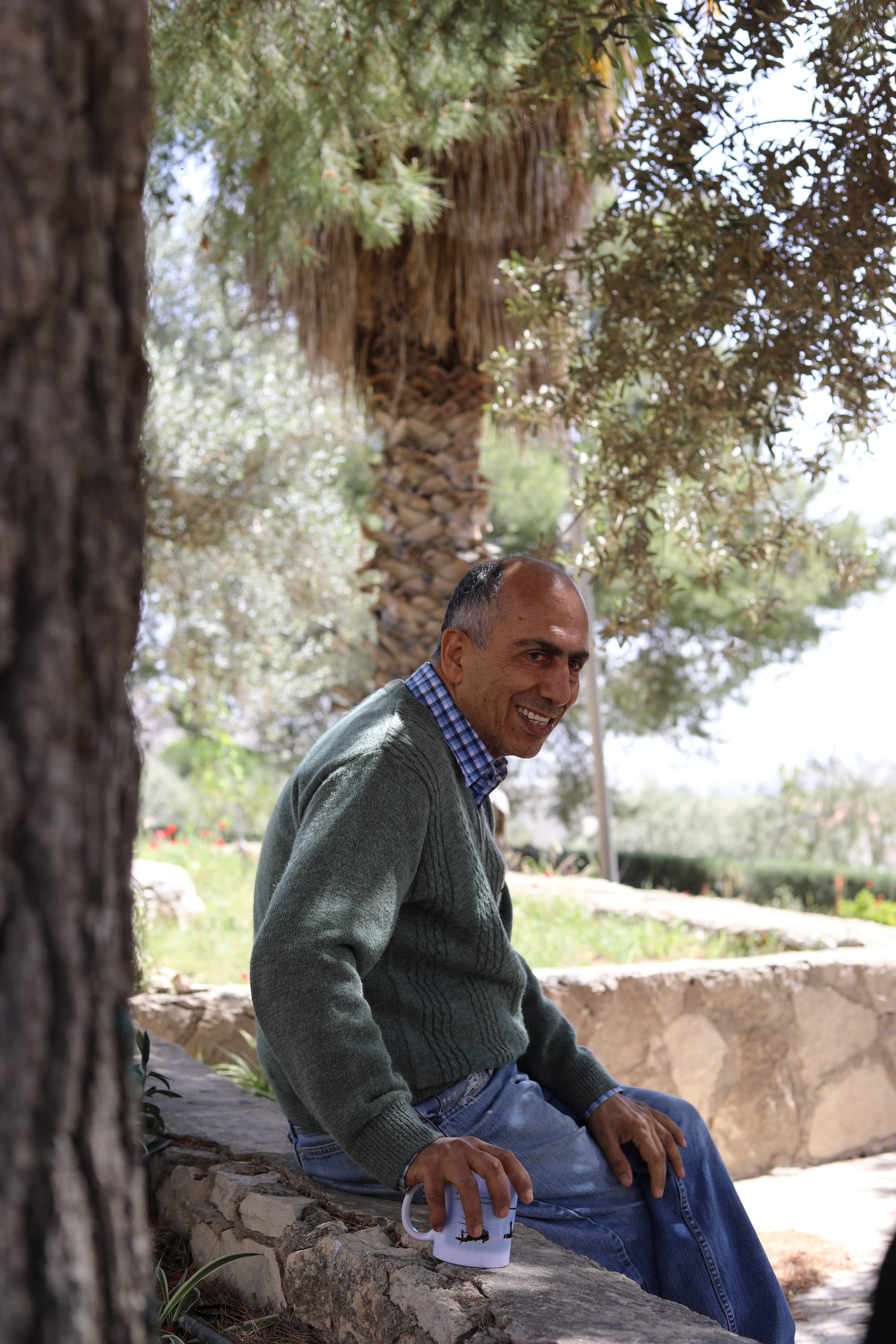
Before I visited Palestine, I had no idea an international movement existed to bring foreigners into the land. In some cases, volunteers help with work like farming. Othertimes, they assist in documenting settler attacks or trying to prevent them altogether with their presence. Some even author papers or research about their time in Palestine.
I had missed that this international work was happening. Some stay weeks; others stay years. All leave with and leave behind a lasting impact. At the institute's botanical gardens, Dr. Mazin named one section after a volunteer who tended it during their time there.
"Sometimes, they leave their imprint in Palestine, which will last for decades," he said. "They have a legacy."
That legacy runs deep for the locals who need every drop of hope they can find. Palestinian see with their own eyes that they aren't forgotten. That allies who still see them as human beings still exist. That they'll return home and share that message.
"That's a psychological boost," Dr. Mazin said. "That's very, very significant."
In turn, volunteers experience their own mental health benefits as they sit outside and take in the surrounding nature. There's no place like Palestine. The vistas and the birds and the smells. It's hard to put into words the feeling of being on such ancient soil. There's power in the mundane, whether it's watering flowers or planting seeds or gazing at the clouds.
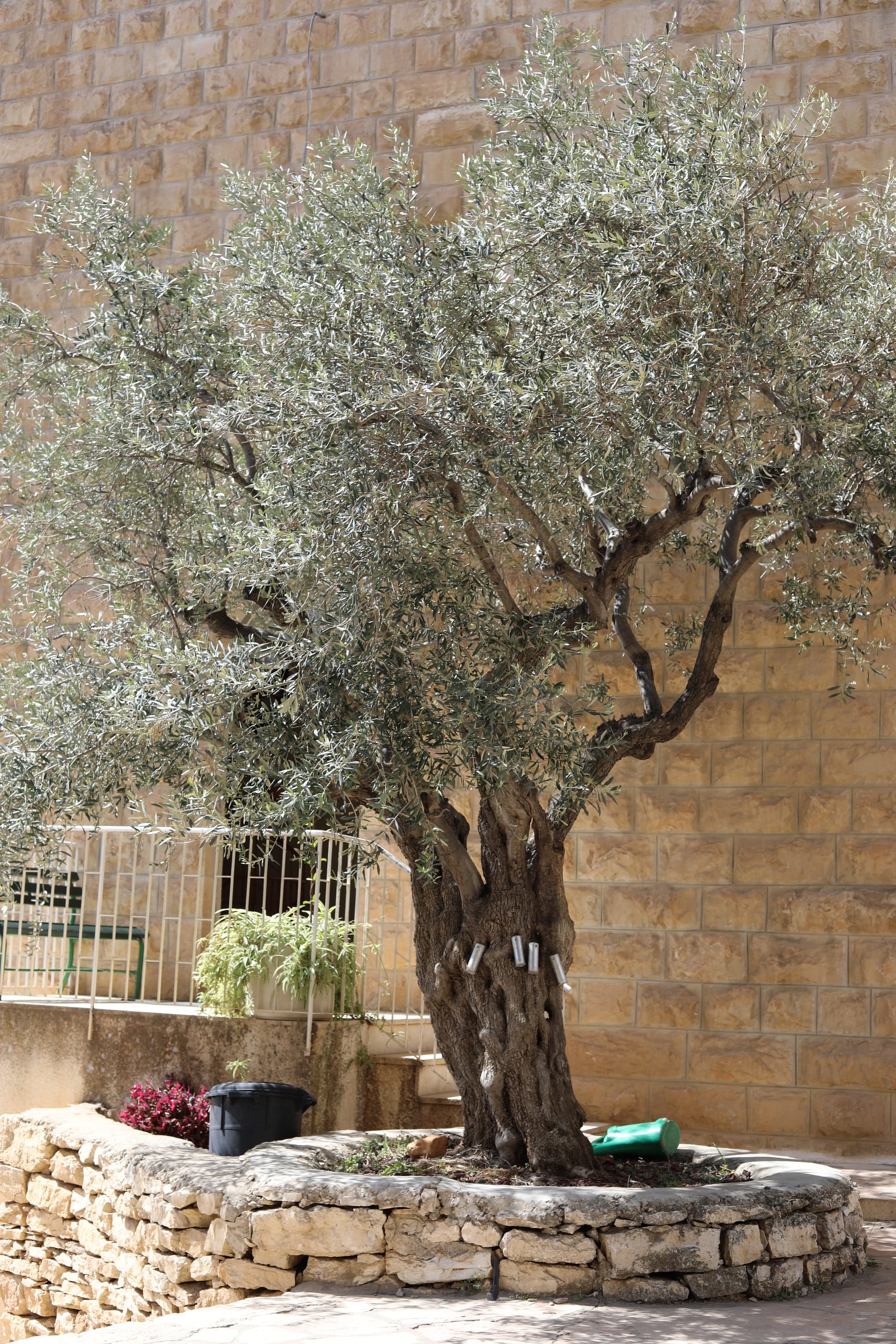
"Sitting in nature itself is therapeutic," Dr. Mazin reminds me.
Joining farmers and scientists in person isn't possible for everyone. Even those of us whose souls burn with the desire to return. We do what we can. We boycott. We buy Palestinian-made olive oil. We call our representatives. We wear our keffiyehs. We do something. Anything. That's the only way.
"The best antidote to despair in the world is, of course, action—activism," Dr. Mazin said.
I write. I tell stories. I confront my loved ones. I take to the streets and call my elected officials. What action will you take next? 🌀
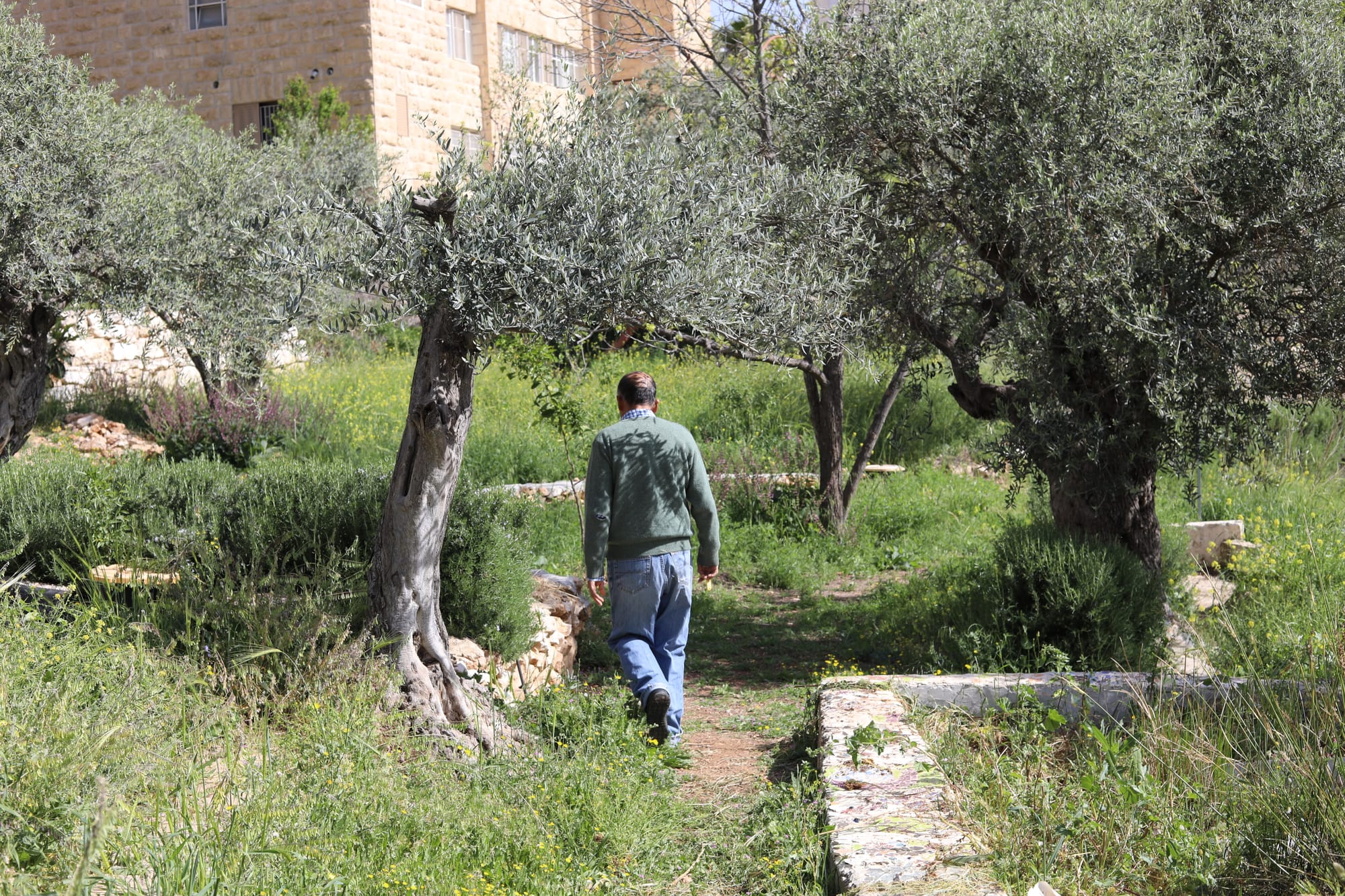
Subscription FYIs
You can always adjust your subscription here. The newsletter has several tiers, so if you're able to give more or need to give less, please adjust it as you see fit.
I'm also giving paid subscribers a first look into my children's book. I wrote about this last year, but here is the landing page where I'm keeping track of all the editions where you can find what I've shared so far. Send agents my way!
The newsletter usually ends here for free subscribers. Why not upgrade?
Rest in Power
While we can't say for certain that climate change led to these specific weather events (we need attribution studies for that), we do know that the Earth's rising temperatures are already creating more frequent and/or stronger disasters like these.
Unexpected floods hit Arizona, killing at least three people.
Another storm has hit Vietnam. Typhoon Bualoi has killed at least 26 people. The search for survivors continues.
Currently Reading
Bloomberg exposes how data centers are increasing electricity bills for locals.
Ayurella Horn-Muller is doing a phenomenal job at Grist. One of her latest pieces profiles different people who power the U.S. disaster recovery economy.
"There is a long history of blaming mass shootings on transgender people," writes Erin Reed in a newsletter earlier this week.
I'm sick and tired of the media's complicity in the genocide in Gaza. Palestinian-American journalist Laura Albast exposes the realities inside U.S. newsrooms for Prism.
Some more media analysis — this time from my longtime source Julian Brave Noisecat, whose debut book has just been published. Order yours here.
I try to read everything Ta-Nehisi Coates writes. His Vanity Fair takedown of Charlie Kirk and the media's glorification of his ugly legacy is another must-read.
Collage
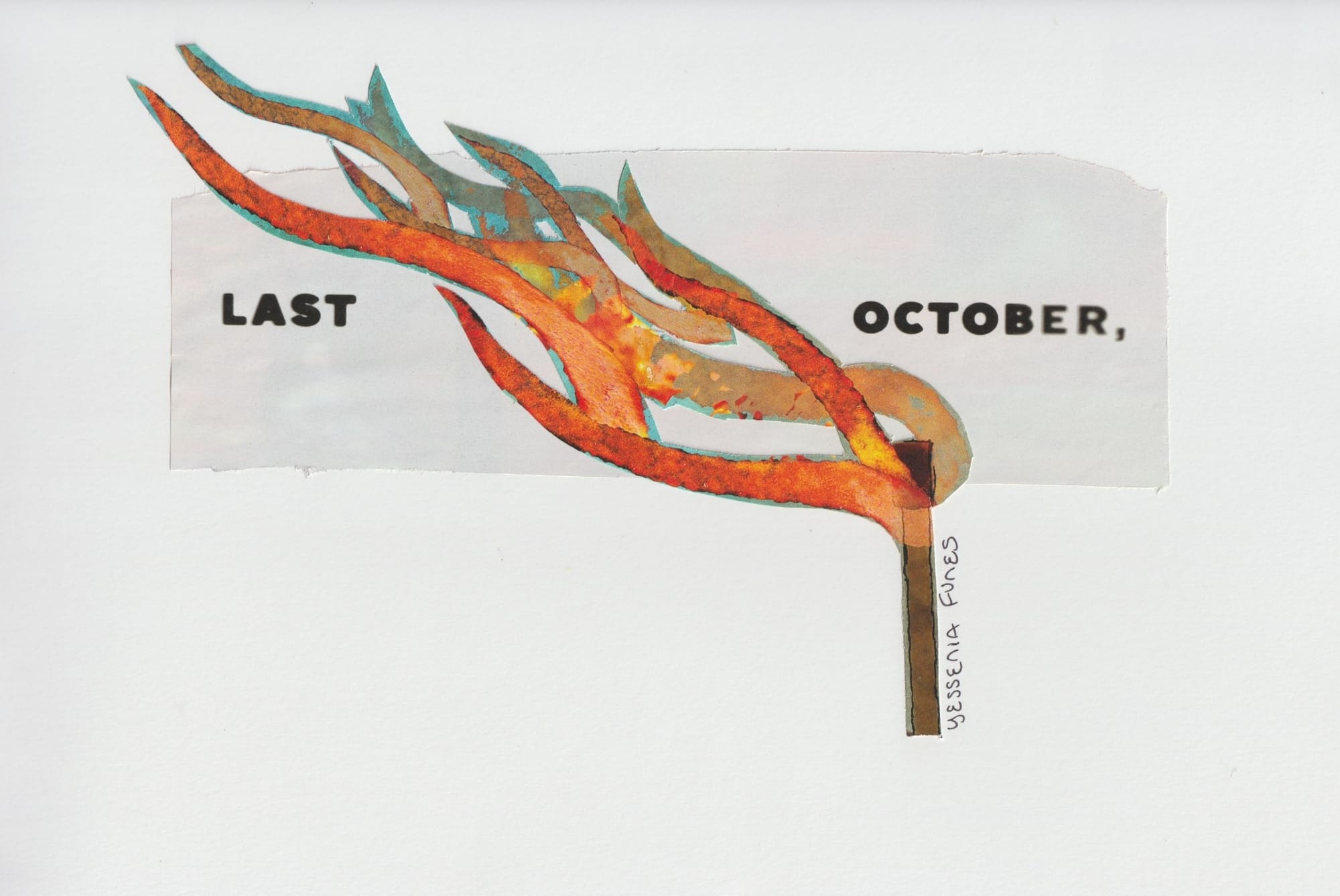
Forward this to someone who needs some light.
- Yessenia xx


Comments ()